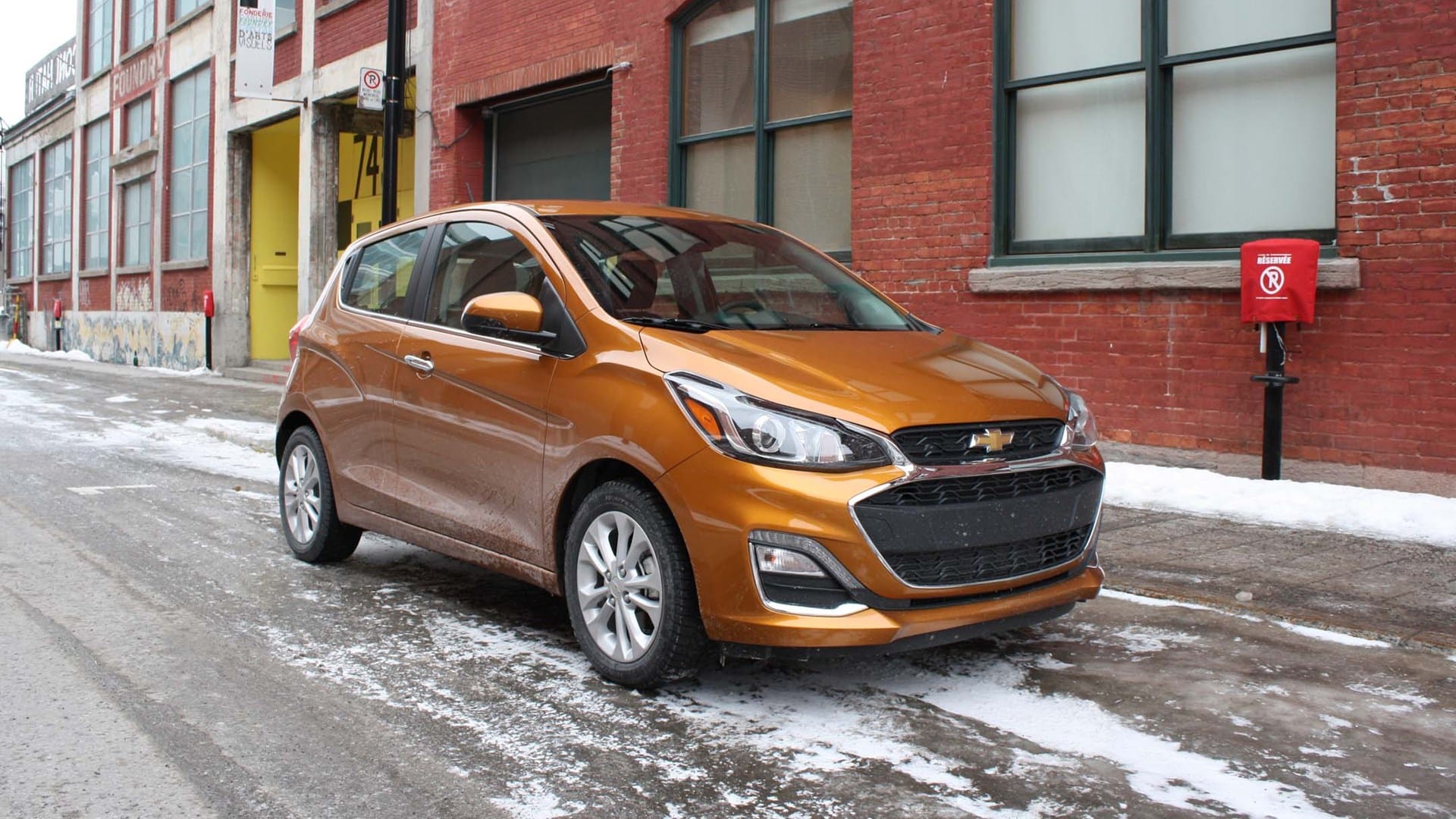We pay $100 extra if you bring your car or truck to us

1. Do your research
Before you even step foot on a car lot, it’s important to research and have a good idea of what you want. Decide on the make, model, and year of the car you want and the price range you’re comfortable with. It’s also a good idea to read up on reviews of the vehicle you’re interested in to get an idea of any potential problems or issues.
2. Get a vehicle history report
When looking at used cars, getting a vehicle history report (VHR) is essential. It will tell you important information about the car, such as whether there have been any accidents and what kind of maintenance has been done. You can usually get a VHR from the dealer, or you can order one yourself from a company like Carfax Canada.
3. Get the Car Inspected by a Mechanic
If you’re buying a car from a private seller, getting it inspected by a qualified mechanic is a good idea. It will help ensure that there are no hidden problems with the car.
4. Don’t be afraid to negotiate
When buying a car, don’t be afraid to negotiate. Whether you’re dealing with a dealer or a private seller, there’s usually some room for negotiation, so trying to get the best price possible is essential.
5. Get financing in place before you buy
If you need financing to buy a car, getting pre-approved for a loan is a good idea before you start shopping. It will help you know how much you can afford to spend and give you some leverage when negotiating the price of the car.
6. Choose a Reputable Used Car Buyer & Seller
There are a lot of used car buyers and sellers out there, but not all of them are created equal. Choosing a reputable company with a good track record is important. You can check out online reviews to get an idea of what others have said about their experience with a particular company.
7. Thoroughly Check the Interior’s Condition
The interior of a car can tell you a lot about its overall condition. If the inside is in good shape, the car will likely be well-maintained. Pay attention to things like the upholstery, the dashboard, and the carpeting.
8. Take a Test Drive
Before you buy a car, it’s important to take it for a test drive. it will help you get a feel for how the car handles and whether it’s comfortable for you. It’s also a good opportunity to check things like the brakes and the steering.
9. Have a Budget in Mind
When you’re buying a car, it’s crucial to have a budget in mind. It will help you narrow down your options and avoid spending more than you can afford. Keep in mind that you’ll also need to factor in things like insurance and maintenance costs.
10. Know your rights
It’s important to know your rights as a consumer to ensure you’re getting a fair deal when buying a car.
Following these tips will help you to find a great deal on a used car and will help you to avoid any potential problems. With a bit of research and preparation, you can be sure that you’re getting a good car at a fair price.